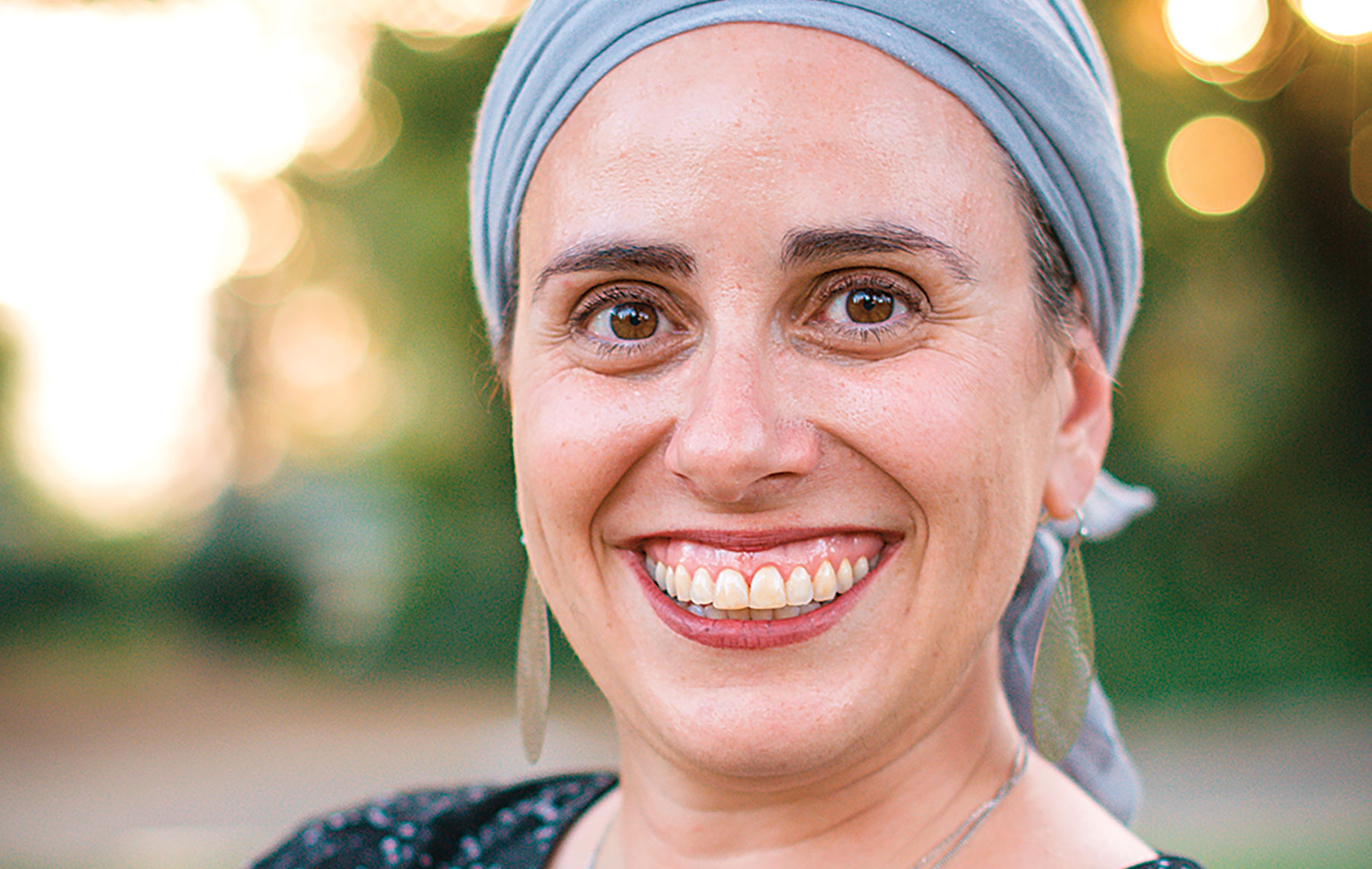 Miriam Schwab
Miriam Schwab When an ultra-Orthodox magazine approached Miriam Schwab for an interview about her fledgling startup, the first question she asked was whether her picture would be included. Regretfully, the reporter told her, the magazine’s policy was not to publish any photos of women, ostensibly on modesty grounds.
“I can’t and I won’t be in a publication that has a discriminatory policy against women,” Schwab said, even though she covers her hair and is the granddaughter of the rabbi who founded Toronto’s chapter of Agudath Israel, the group that advocates on behalf of Orthodox Jewry.
While Schwab acknowledged the importance of the piece, she couldn’t in good conscience accept the offer.
“In Judaism there has never been a concept of a woman covering her face,” she said. “That’s not Judaism; that’s a perversion of Judaism. It’s extremism.” She added that the Torah wouldn’t mention the matriarchs’ beauty if it was immodest.
“Women always had a voice in Judaism, and they should continue to have that,” she said. “In terms of humanity, our faces are our identity, it’s how we recognize people. And when you take that away, you take away our identity.”
“Women always had a voice in Judaism, and they should continue to have that.” — Miriam Schwab
Schwab’s company — which the magazine missed the chance to profile — is Strattic, a web hosting platform. In the mid-2000s, Schwab was one of the first people in Israel to become an expert in WordPress, a content management system used to publish online content. Schwab ran a company called Illuminea, which used WordPress to build websites. But she was all too aware of WordPress’s shortcomings, including its architecture, which left openings for hackers and slowed down websites considerably. After 12 years, Schwab took the plunge and decided to create something better.
Strattic turns WordPress into a static host generator. “We’re the next step in hosting,” Schwab said. “You can have the worst-coded, most-hackable website and be completely irresponsible about maintaining it and it doesn’t matter.”
She said the static website, essentially a mirror site — or what Schwab calls a “snapshot” — is exponentially faster and has almost no way to hack into it because there’s no entry site.
Two years ago, thanks to her revolutionary idea, Schwab was accepted into two accelerators in Jerusalem. Today, a team of seven manages the company, which took on its first client almost a year ago. It has a long list of people waiting to become users of its product. “We have 600 companies that have signed up without doing any marketing,” Schwab said.
Two aspects of founding a startup that are often cited as the most challenging — raising the seed funding and working long hours — weren’t that challenging for Schwab. As a mother of seven, she said, she doesn’t believe in working 24 hours a day.
“People talk about the importance of avoiding burnout after they burnout,” she said. And regarding capital? “I was always confident we’d raise the money.”
For Schwab, the most painful aspect of founding the company was hiring the right people. “A product lives or dies by the people on the team, in my opinion,” she said. “But we’re at a place where our team is amazing and works so well together.”























 More news and opinions than at a Shabbat dinner, right in your inbox.
More news and opinions than at a Shabbat dinner, right in your inbox.